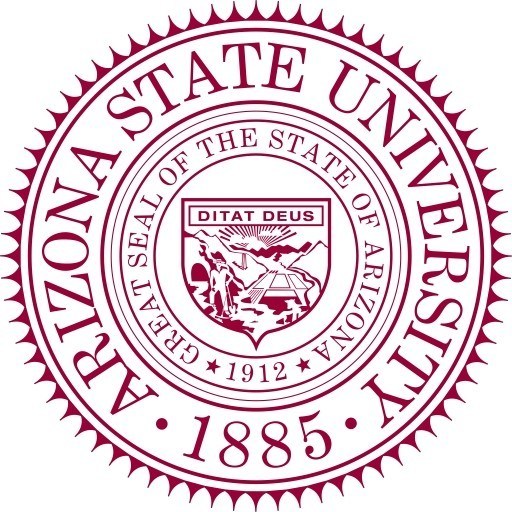Photos of university / #arizonastateuniversity
In this MA program, global health is considered to be much more than and very different from international public health. It emphasizes that major health challenges stem from many factors well beyond disease itself --- factors that are:
- cultural
- ecological
- evolutionary
- historical
- institutional
- social
- technological
Any effective, sustainable solutions to our most pressing global health challenges will need to take all of these factors into account, including the complex ways in which they relate to each other. In this manner, this degree program teaches students to understand health as not simply a product of disease, but rather emerging in the contexts of our complex and interrelated ecology, politics, history, culture, social institutions and evolutionary biology. It also places primacy on how to address the broader (i.e., structural, cultural) bases of ill health in complicated, ever-changing health challenges in low-resource community settings and a globalizing world. To do this, the program combines both social and life science theories with on-the-ground research and its application. There is a strong emphasis on collaborative action as key to identifying and addressing global health problems in a sustainable and meaningful way.
Students accepted into the program are tied to ongoing transdisciplinary global health projects that address complicated, multifaceted health challenges that defy easy fixes, such as:
- climate change-related diseases
- emerging infectious diseases
- obesity
Students develop an applied project to contribute to the team goals. By applying a collaborative, problem-solving format, the master's degree program in global health is intended to provide those planning to enter health or related fields (i.e., environmental, social) with the transdisciplinary orientation, team skills and social and cultural acuity that the Pew Health Professions Commission inter alia has identified as critical but lacking in current health workforce training. The program also emphasizes experiential learning as a way to gain mastery and requires participation in a global internship program based in one of the international partnering communities.
30 Credit Hours including the required applied project course (SSH 593)
All students are required to take the following four foundational courses (12 credit hours):
- ASB 500 Ethnographic Field Methods (3)
- ASB 503/SSH 503 Medical Anthropology (3)
- ASB 510/SSH 510 Health: Social and Biocultural Theories (3)
- AML 613 Methods and Concepts in Math Epidemiology OR SSH 591 Principles of Epidemiology for Global Health (3)
Substitutes may be permitted by the graduate director, including individualized research, conference and independent study courses with approved faculty. Additional methods-focused courses or graduate-level epidemiology courses can count toward this requirement.
Students are also required to complete a minimum of six credit hours of practicum, six credit hours of electives and six credit hours of an applied project. Applied projects are completed in consultation with a faculty advisor; options include internship, practicum, a research project, scholarly research paper or an outreach project.
All students must maintain a 3.00 (out of 4.00) average GPA on both the interactive plan of study and graduate GPAs per the Division of Graduate Education satisfactory academic progress policy.
Applicants must submit the online graduate admission application. Please see the program website for application deadlines and admission terms.
In addition to the general requirements for admission to the Division of Graduate Education, applicants must also provide:
- a statement of purpose outlining career and educational goals
- a current curriculum vitae or resume
- an optional sample of their written work
- three letters of recommendation
- official GRE scores
- transcripts of all undergraduate and graduate course work
- proof of English language proficiency*
*An applicant whose native language is not English (regardless of current residency) must provide proof of English proficiency.
Applicants must fulfill the requirements of both the Division of Graduate Education and the College of Liberal Arts and Sciences.
Admission is competitive and based on student academic excellence, additional relevant experience, and fit to available faculty. Minimum GPA for consideration for admission would normally be 3.50 on a 4.00 scale for the last two years of study leading to the bachelor's degree. A degree in the social or life sciences (i.e., anthropology, sociology, gender studies, geography, political science), public health or related fields (i.e., nutrition, human biology) is generally expected for applicants. Value will be placed on:
- foreign language skills
- practical, cross-cultural and international experiences
- prior social science and life science research
Want to improve your English level for admission?
Prepare for the program requirements with English Online by the British Council.
- ✔️ Flexible study schedule
- ✔️ Experienced teachers
- ✔️ Certificate upon completion
📘 Recommended for students with an IELTS level of 6.0 or below.
Scholarships
- Global Education

